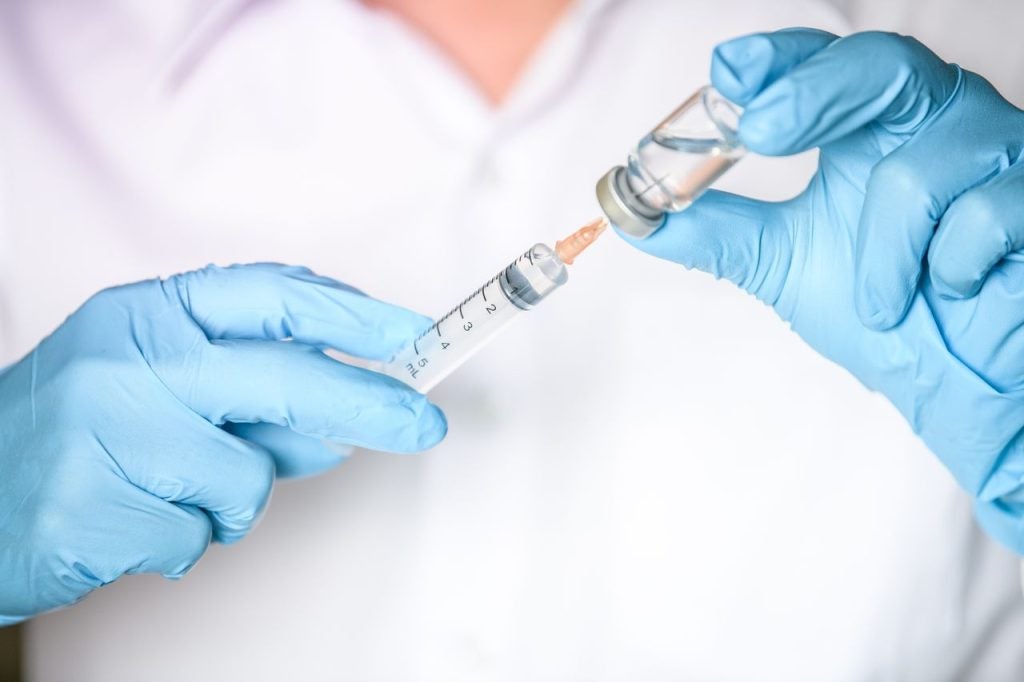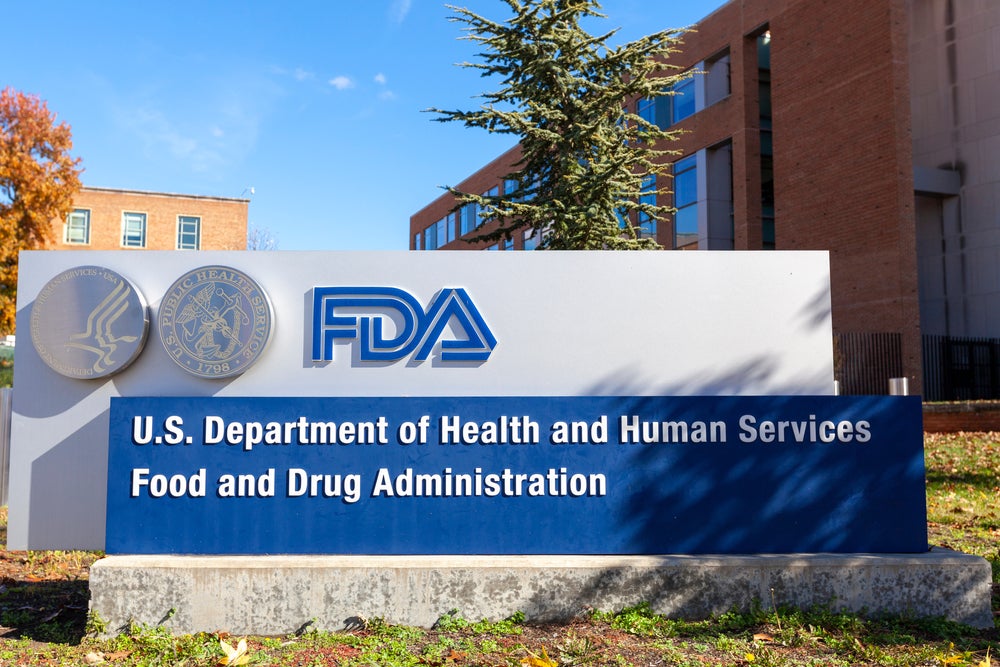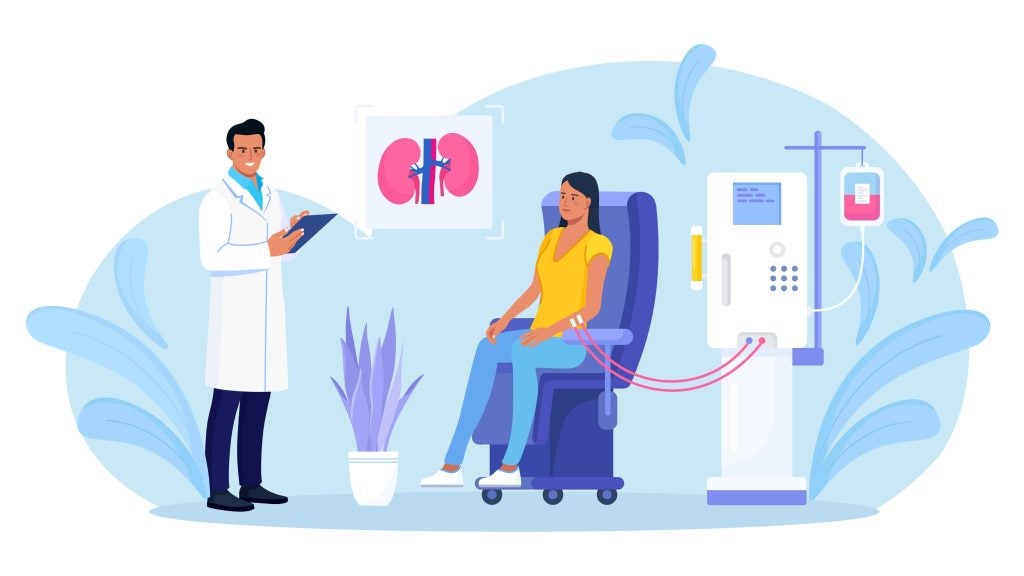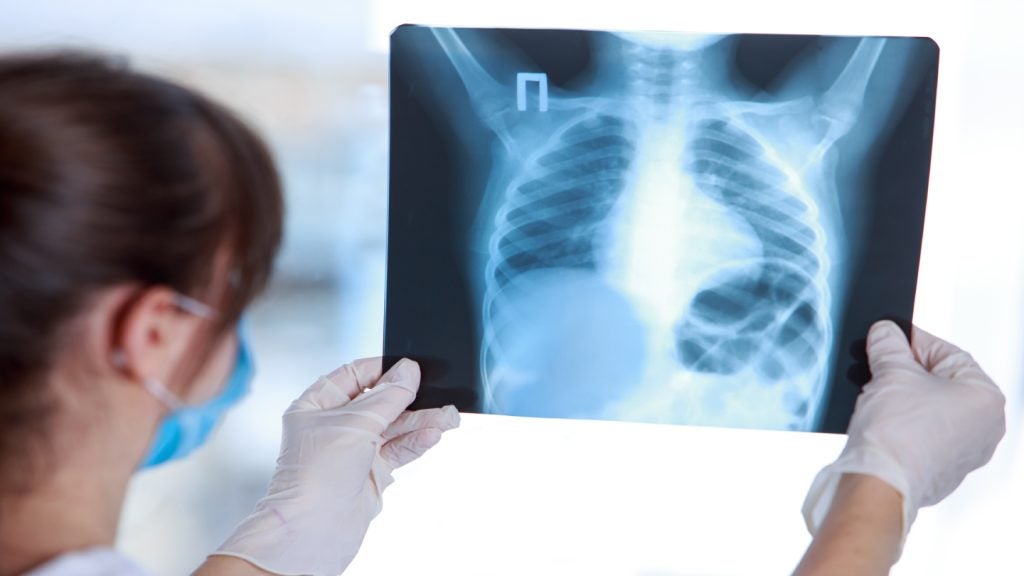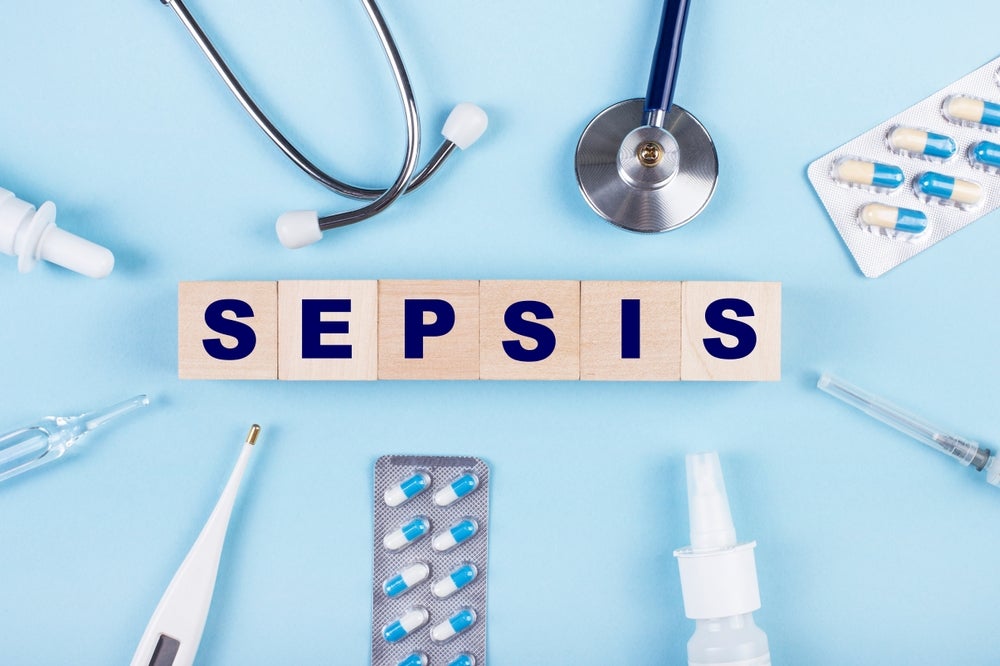Verve Therapeutics released promising results of the first human clinical trial of a novel gene editing technique known as base editing that can help maintain healthy levels of cholesterol.
This therapeutic approach involves injecting patients with VERVE-101, a Clustered Regularly Interspace Short Palindromic Repeats (CRISPR)-based gene editing therapy, which inactivates the liver gene PCSK9 that typically contributes to higher levels of low-density lipoprotein (LDL)—a key contributor to heart disease.
The first PCSK9 inhibitor to receive FDA approval was the Praluent injection by Sanofi in July 2015. Since then, other PCSK9 inhibitors have made it to market, such as the injection Repatha by Amgen.
According to GlobalData, PCSK9 inhibitors currently hold a 20% market share in the acute coronary syndrome market and have experienced an aggressive compound annual growth rate of 42% between 2016 and 2023.
The PCSK9 inhibitor injections’ high price, access barriers and need for repeated injections are still limiting the widespread usage of these drugs. However, there is ongoing R&D to develop an oral PCSK9 inhibitor that would provide a more convenient and accessible option for patients. For example, Merck has already initiated clinical trials on its oral cyclic peptide PCSK9 inhibitor—MK-0616.
Even though VERVE-101 is an injectable, what makes this drug different from the rest is that it is the first time CRISPR technology has been successfully used for DNA base pair editing in humans.
Results from the VERVE-101 trial show how precision and personalised medicine, which is most often used to target cancer genes, can also be used to target genes associated with other indications such as cardiovascular disease.
Nevertheless, the VERVE-101 treatment had some serious side effects, which included two out of the ten participants suffering from heart attacks. Further clinical trials are required to guarantee the safety of this drug.


